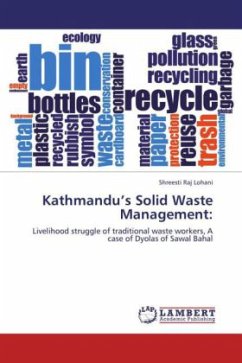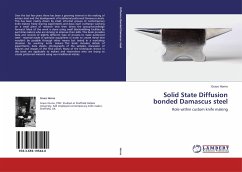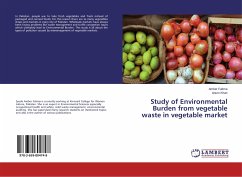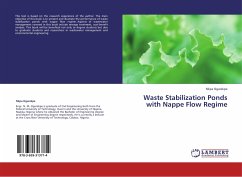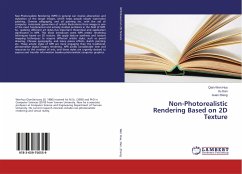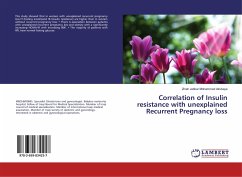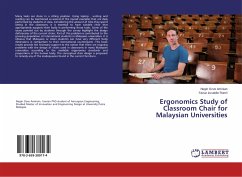There has been a significant increase in solid waste generation in Kathmandu in the last few decades. Management of waste after collection is very little materialized. The Government is trying to hand over the waste management job to private sector in an attempt to tackle this situation. People from the Dyola community have been engaged in to this profession from a long time. Today, people of other communities are also engaged in it formally or informally. Restructuring the system and creating a situation of competition in the SWM profession will certainly give rise to vulnerability in the livelihood of these Dyola people. The study reveals both the traditional waste workers (Dyolas) and the new comers views towards privatization of SWM in the country and their struggle for livelihood in this transitional stage. This study provides the implications to make planning interventions without affecting their livelihoods. It also suggests the possible alternative arrangements to cover up the transitions through which the Dyolas must go. Finally it also recognizes the role of different stakeholders and need for strict implementation of rules and policies for effective SWM in the country.
Bitte wählen Sie Ihr Anliegen aus.
Rechnungen
Retourenschein anfordern
Bestellstatus
Storno

